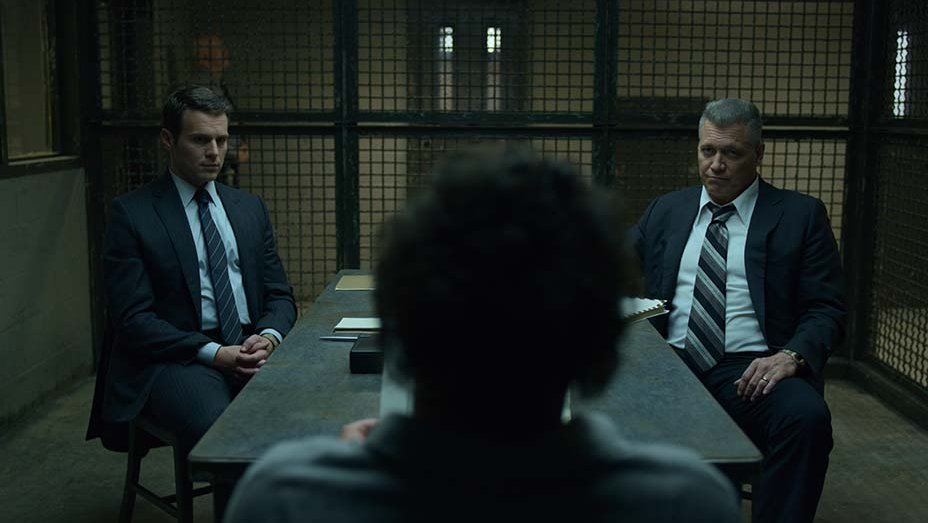When Mindhunter debuted in 2017, it quickly picked up steam, partly due to its superstar creator, David Fincher, and partly because it arrived right at a time when people were fascinated by true crime stories.
The show stood out because of its analytical approach to exploring criminal minds, as agents Holden Ford (Jonathan Groff) and Bill Tench (Holt McCallany) worked with Dr. Wendy Carr (Anna Torv) to interview serial killers, despite many internal roadblocks in the FBI.
At the start of season two, Holden is recovering from a panic attack that occurred after Ed Kemper tried to attack him. Once he gets discharged, he sees that times are changing at the FBI: a new boss, Ted Gunn (Michael Cerveris) backs the Behavioral Science Unit as the future of the bureau. Gunn also conveniently sweeps the OPR investigation of the unit under the rug. Soon, Ford and Tench head off to interview new subjects, such as David “Son of Sam” Berkowitz and Charles Manson.
While the season contains plenty of interviews, it’s also more expansive in scope, covering the Atlanta child murders at length. The first half of the season is still engaging, especially as we see Holden get back in his element and coaxing important information out of several convicts. The prisoners are well-cast, especially Damon Herriman as Charles Manson, who has a messy, manic energy to him. Cameron Britton also returns as Ed Kemper, although he has much fewer scenes this season.

This season soon shifts into the main story, however: a spree of child killings in Atlanta, which puts the BSU’s methods to the test. Although Holden is driven to pursue the case from very early on, the FBI are beset by many difficulties due to local politics: an early scene where Holden insists that the killer is a black male in his twenties or thirties leaves a memorable impression on the commissioner, who soon gets the FBI called back from Atlanta. Once the case grows into a national sensation, however, the FBI are invited back as part of a task force.
The show takes great pains to illustrate the complex dynamics at play in the Atlanta investigation. While Holden is confident about his profile, the task force is often compelled to respond to leads that ultimately turn out to be red herrings. All the while, a group of mothers arrange protests and marches, demanding justice for their children. Once a suspect is identified late in the season, the media causes further complications that makes monitoring the suspect’s movements difficult.
Both Tench and Carr have side-stories of their own; Tench is dealing with the fallout of a tragedy that his son was the center of, while Carr dealt with her own difficulties adjusting to her new girlfriend, Kay. Carr’s subplot doesn’t always feel compelling, especially late in the season when she’s still stuck in Quantico while Tench and Ford are busy with the Atlanta investigation. Tench’s side plot is more arresting, but it doesn’t get resolved by the end of the season. It does, however, provide a compelling window into how Tench’s work life is bleeding into his personal life, and how he chooses to soldier on, despite increasing pressure at both home and work.
While Mindhunter is rarely boring to watch in the second season, there are times when it feels similar to other cop dramas, or like it’s bleeding into the same territory that others like Zodiac or True Detective draw their mystique from. Holden’s panic attack side plot is also discarded soon after it was introduced, which is a shame. The choice is understandable: by mid season Holden has a lot on his plate, and it would have been difficult to tie into his anxiety without making it feel contrived.






















